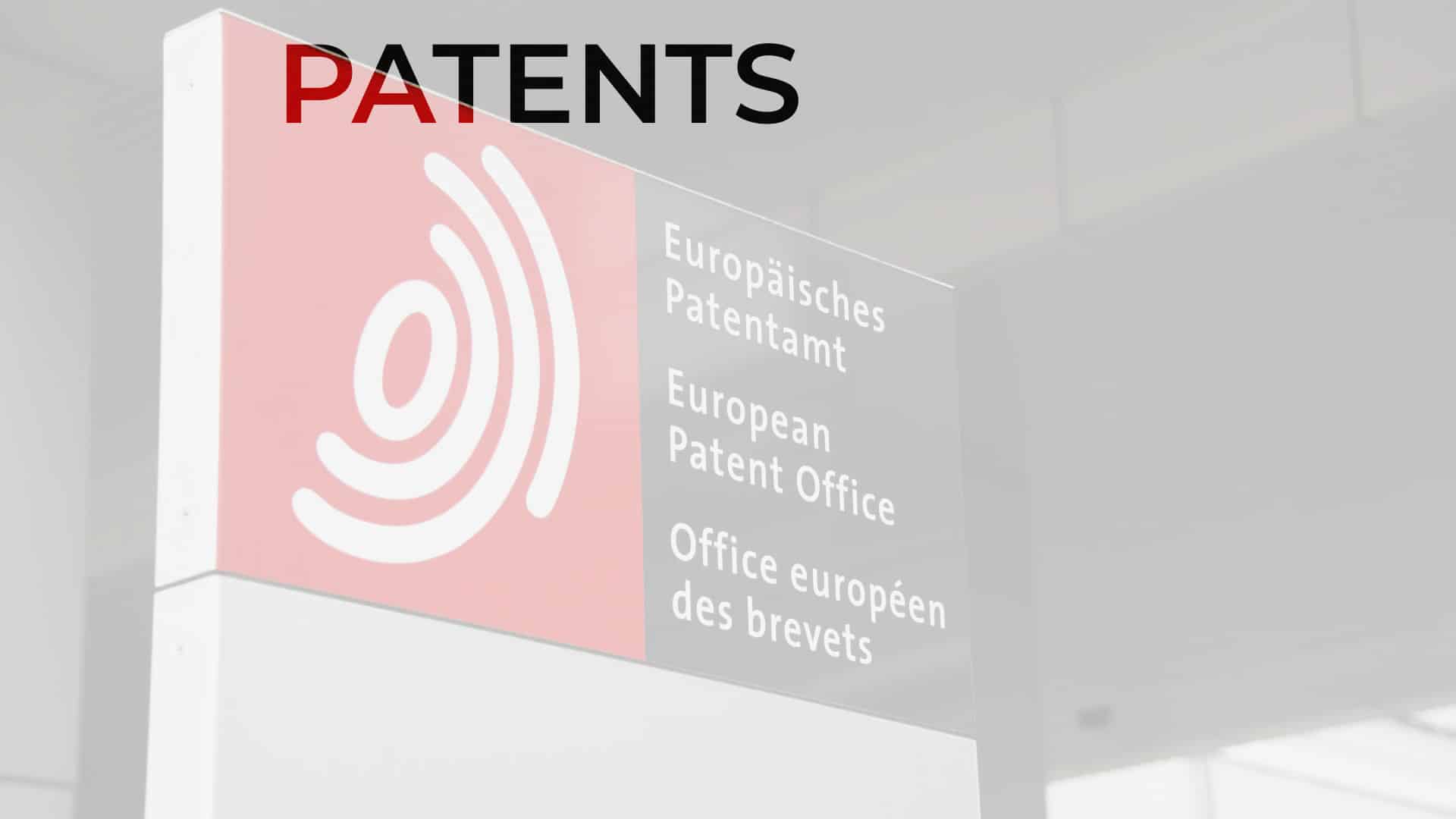Introduction:
The European Patent Office (EPO) has introduced changes to the Implementing Regulations to the Convention on the Grant of European Patents (EPC), including amendments to Rules 126, 127, and 131 EPC – this includes the 10 day rule EPC.
The changes aim to strengthen alignment with the Patent Cooperation Treaty (PCT) and support the digital transformation of the patent grant procedure at the EPO. The changes impact notification and time-limit calculations, introducing a new notification fiction for documents served by the EPO by postal services or electronic means. These amendments will come into effect on 1 November 2023.
New Notification Fiction for Postal and Electronic Notification:
The revised provisions introduce a new notification fiction for postal and electronic notification that is deemed to occur on the date of the document.
This change simplifies the EPC and PCT notification regimes, bringing them closer together. The change also reflects the principle of instantaneous notification in the digital world.
Experience with Electronic Notification:
In the recent notice from the Official Journal of the EPO, it is mentioned that the EPO has extensive experience with electronic notification, with its Mailbox service launched in 2011, now covering 99% of all documents issued by the EPO: “The Mailbox is a reliable, transparent, and high-quality service, available to all professional representatives, legal practitioners, and applicants located in an EPC contracting state.”
Replaced Notification Fiction Rule:
The new notification fiction by postal and electronic means replaces the current notification fiction of the ten-day rule. According to established EPO practice, the date of the document is the date on which it is handed over to a postal service provider in the case of postal notification or the date of its electronic transmission to the Mailbox in the case of electronic notification.
The EPO has a reliable system for tracking documents dispatched using postal services or transmitted electronically via the Mailbox.
Notification Fiction for Postal and Electronic Notifications:
Under the amended Rules 126(2) and 127(2) EPC, both postal and electronic notifications are considered to have occurred on the date of the document. From 1 November 2023, the current notification fiction by which a document is deemed to be delivered to the addressee on the tenth day following its handover to the postal services or on the tenth day following its transmission by means of electronic communication (the “ten-day rule”) will be replaced.
Relevant Date for Notification Fiction:
In the case of postal notification, the relevant date for the purpose of applying the notification fiction is the date printed on the document, not any other date stamped on the envelope by a postal service provider. The word “letter” has been replaced with the word “document” in the first sentence of amended Rule 126(2) EPC to reflect this.
Decisive Date for Electronic Notification:
With regard to electronic notification under Rule 127(2) EPC, the relevant date will not occur before the date of the document. Even if the addressee can access the document via the Mailbox before this date, the decisive date for the purposes of the notification under Rule 127(2) EPC will be the date of the document.
Appropriate Safeguards for Users:
Under the amended rules, the EPO will provide appropriate safeguards to users who do not receive a document or receive it exceptionally late.
In a case of dispute arising, the EPO will need to prove both, that the document was delivered and the date of its delivery.
Impact on Periods Triggered by Notification:
Under the revised provisions, periods triggered by notification will start running from the deemed receipt of a document, i.e., the date of the document under Rules 126(2) and 127(2) EPC.
Transitional Provision:
For notifications served before 1 November 2023, the current notification fiction of the ten-day rule will still apply.
Safeguard Provisions:
The amended rules provide appropriate safeguards to users who do not receive a document or receive it exceptionally late. Hence, the EPO retains the obligation to prove both that the document was delivered and the date of its delivery in case of a dispute.
- If the EPO is unable to prove that a document has been delivered, then the notification fiction will not apply, and the period associated with the document will not be considered to have started.
- If the EPO cannot show that a document reached the addressee within seven days of the date it bears, then under the safeguard provision – last line of amended Rules 126(2) and 127(2) EPC, the period associated with the document will be extended by the number of days by which these seven days are exceeded.
- If a document is received by the addressee but the EPO is unable to prove notification, the document shall be deemed to have been notified on the date established by the European Patent Office as the date of receipt.
Conclusion:
The changes introduced by the EPO to notification and time-limit calculations aim to simplify and improve the notification regime, bringing it closer to the PCT notification regime.
The changes also reflect the principle of instantaneous notification in the digital world, which is the way of the future. These changes will come into effect on 1 November 2023.
T is for the Ten-day rule, and it’s departure from what it was previously known to be!
Don’t miss out on our engaging and insightful content! Stay updated on the latest in Intellectual Property by following our LinkedIn company page, Alphabet Intellectual Property.
To find out more about patents and intellectual property, or if you have any questions or would like to get in touch, please feel free to email us at info@alphabetip.co.uk


